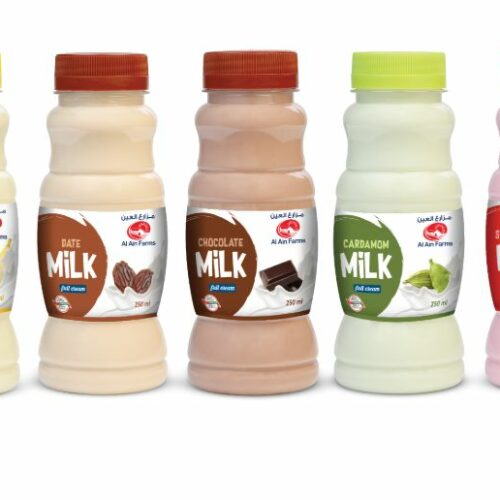8 amazing facts about breastfeeding
Breast milk is liquid gold for your baby, but do you know just why breast milk is so incredible? From boosting immunity to pain relief, some of these breastfeeding facts might surprise you!

The message that ‘breast is best’ for babies doesn’t always take into account every woman’s personal circumstances. It’s important not to feel guilty about formula feeding if that is the best choice for your situation. But that said, there is an abundance of scientific evidence that shows breast milk is the nutritionally superior option – not to mention the only safe way of feeding a baby in places where access to clean water and sterilising equipment is not always available. Here are some of the scientific facts about breastfeeding.
Breast milk is the perfect ready meal for your baby
Breast milk is available for your baby on demand, served at the correct temperature and with no delay, every time.
Breast milk contains all the nutrients your baby needs to thrive
Breast milk contains all the carbohydrate, protein, fats, vitamins and minerals that your baby needs in order to thrive. Plus, being composed of 87% water, it’s the only liquid your baby needs until weaning, when water can be introduced.
The taste of breastmilk changes depending on what you eat
Although breast milk is naturally sweet, with a creamy consistency for babies, its taste changes depending on what you’ve eaten. This is good news when it comes to weaning, as your baby’s palate will have already been exposed to a range of flavours. In fact, research supports this.
In a 2017 study, researchers found that the flavour of different vegetable juices was present in a mother’s milk and the babies who were exposed to these flavours more readily accepted the puréed foods when weaned.
The composition of breast milk constantly changes
As your baby grows, the composition of breast milk changes in order to fully meet your baby’s growing needs. After your baby is born until about day three, your body will make colostrum. This ‘liquid gold’ is high in protein and packed full of vitamins and minerals, as well as white blood cells to help fight off infection, and is the ideal first start for your baby.
After about three days, your body will switch to producing transitional milk (although colostrum will still be present), which is when you’ll feel your milk ‘come in’. This will last for about two weeks until finally your body produces mature milk. The composition of your mature milk will change roughly every seven days, to keep up with the needs of your growing baby.
Breast milk boosts immunity
Your breast milk is packed with white blood cells, ready to help your baby fight off infection. On top of this, if you get poorly, your body will begin to make antibodies designed to fight that particular infection. These will then get passed to your baby via your milk, helping to keep them safe. Scientists have discovered that women who have recovered from Covid-19 have significant levels of antibodies in their breast milk, which will help to protect your baby.
Astonishingly, if your baby picks up a bug (and you don’t), they will transfer the germs to you through their saliva when they feed, and your body will then set to work making the exact antibodies they need, which you will then feed back to them, to help them get better.
Breast milk contains stem cells
Stem cells are found within breast milk and are the cells from which all other specialised cells (such as blood, bone or brain cells, for example) are formed. A 2012 study found that stem cells were not only present in breast milk, but that they remained alive in a baby’s stomach and were also found to have been transported to the blood, thymus, liver, pancreas, spleen and brain, where they had become functionally integrated and were producing specialised proteins.
Breast milk contains painkillers
Breast milk can help to ease the pain your baby may feel from vaccinations or soothe a toddler. As well as nutrients, white blood cells, antibodies, stem cells and cancer killers, breast milk also contains 12 different endocannabinoids, the most abundant of which is 2-AG, which helps to regulate the immune system has anti-inflammatory properties and stimulates the sucking response in babies.
Breast milk can soothe your baby to sleep
Breastfeeding, in fact, comes up trumps when it comes to getting a baby to sleep. It’s not just the soothing sucking motion that can help to get your baby to sleep – the level of the hormone serotonin actually increases in your breast milk towards the end of the day – and serotonin is responsible for that lovely sleepy feeling, helping to regulate your baby’s circadian rhythm. According to research, ‘night’ milk also contains higher levels of the proteins known as nucleotides, which stimulate GABA, a sleep-inducing hormone.












Comments